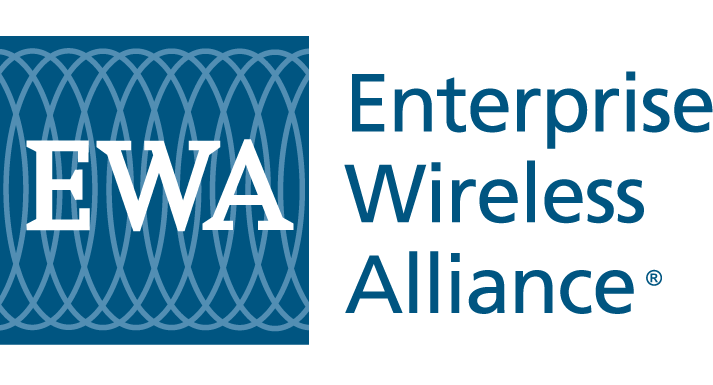HR 607 Is Part of Broader Broadband Agenda
We are receiving numerous comments from members expressing their concern over HR 607 - the "Broadband for First Responders Act of 2011" that was introduced by Congressman Peter King (R-NY) and six other representatives on February 10th. This bill closely mirrors Senate legislation that proposes to repurpose all 10 MHz of the D-Block at 700 MHz from commercial interests to public safety for use within a national interoperable broadband network. Please know that for different reasons, AT&T, Verizon and the public safety community want the D-Block to be repurposed for a national public safety interoperable broadband network. But to pay for the network, both bills seek an "incentive auction" for the broadcast spectrum with proceeds to be earmarked not for the general treasury, but dedicated to build and maintain the PS network, up to $10.5 billion.
One could make the argument that the Administration is more interested in securing the ability to hold an incentive auction to access the broadcast spectrum for national broadband spectrum needs rather than assisting PS, but that is another story all together. Given the deficit the government is running these days, the house bill wants to find a way to get the money back eventually that is being diverted from the Federal Treasury to PS (this has never happened before), so it proposes an auction of the vacated public safety spectrum in the 420-512 MHz bands 8-10 years afterwards. For some reason, the authors of the bill have failed to conduct necessary due diligence or have conveniently forgotten that business and industrial also operate in those bands. The public safety community is having trouble funding narrowbanding, how are they going to fund a relocation from the lower bands to 700/800 MHz?
I can assure you that the PS community is not a big fan of this proposed spectrum migration. Our readers should keep in mind that very few bills are approved and signed by the President, and those that are have significant amendments added to them. For sure shake your head, but nothing has been passed as yet, the bills have yet to move.
